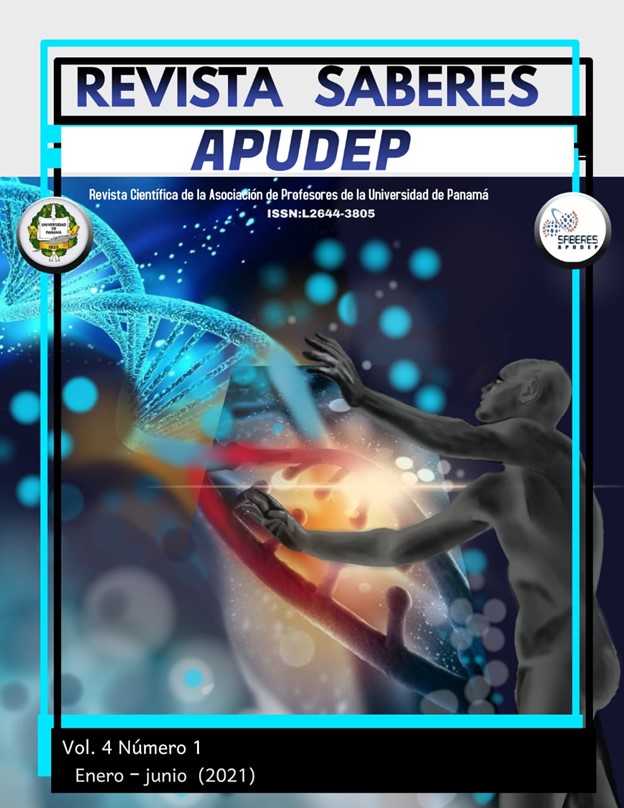

Analizar los desafíos de la lingüística en la comunicación oral desde una perspectiva global orientada a entender los actos del habla no como saberes declarativos, sino integrados en contextos comunicativos reales es el fundamento del presente artículo. Para ello, se considera el enfoque cualitativo bajo la investigación de tipo teórica documental, apoyada en un diseño bibliográfico de carácter analítico e interpretativo-crítico. Las técnicas e instrumentos de recolección de datos utilizados son la observación documental, el análisis de contenido y, una matriz de registro de las fuentes de información secundarias revisadas. Como consideraciones finales, se plantea que los desafíos se orienten en entender la concepción del lenguaje oral como práctica en la que la realidad discursiva se inscribe en diferentes contextos sociales y culturales; la aceptación del multilingüismo como rasgo para responder a la diversidad lingüística. Todo esto implica ampliar el desarrollo de las normas lingüísticas atendiendo a las convenciones pragmáticas y socioculturales involucradas en la labor de formar hablantes competentes, en contextos globales tecnologizados.